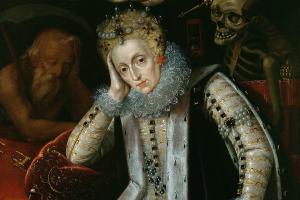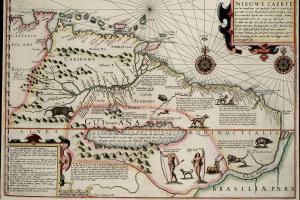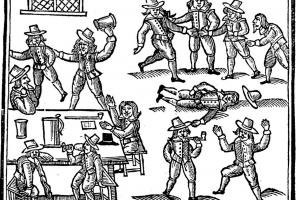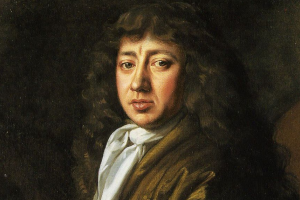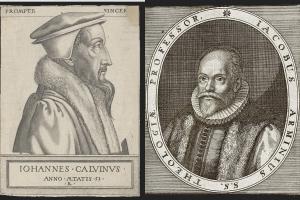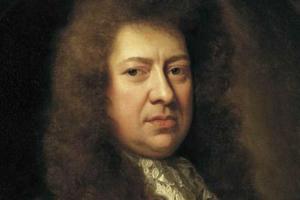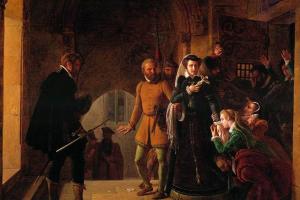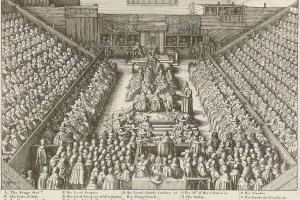Early Modern
On Sunday 8 February 1601 a group of armed men, perhaps 300 strong and led by the petulant earl of Essex, marched through London. Their attempted coup failed: London would not rise, the plotters had no leverage, and the court was forewarned. The…
In the early hours of 24 March 1603 Queen Elizabeth I died quietly in her palace at Richmond. But for those living through those hours of her final decline, it was a time of fear as well as of hope: change was not always to be welcomed and, in not…
When Sir Walter Ralegh visited South America in 1595, he fell in love with it – or at least in love with the idea of what it could do for him.
James I of England (and VI of Scotland) has not always had a good reputation. Known as ‘the wisest fool in Christendome’, he was considered slovenly, his tongue was reportedly too big for his mouth, making him both a messy eater and occasionally…
John Dee is famous as a sorcerer and alchemistSomeone who practices alchemy (the attempt to turn base metals into gold and to gain spiritual awareness and immortality). Someone who practices alchemy (the attempt to turn base metals into gold and to…
Samuel Pepys is best known for his diary, which he kept from 1660 until 1669, when he gave it up over fears of his eyesight failing. As such, his views are often quoted over the Restoration, the plague, the Great Fire of London, and the Chatham Raid…
Since the establishment of the Church of England under Elizabeth I, a myth has been built up - and perpetuated by historiography - that showed puritans as a dangerous group, seeking to turn the world upside down, to destroy the sacred position of…
Pepys’s diary is remarkably frank when it comes to his pursuit of love. Between 1660 and 1669 he recorded his daily life, including his interest in over twenty women who weren’t his wife, and much of what he wrote was so explicit that editors before…
Mary Queen of Scots is an enigma. For the last four hundred and fifty years she has been presented as a romantic heroine, a Catholic martyr, a weak and feeble female used as a pawn by scheming men, and a murderer and adulteress. But despite the…
That by the early 1640s parliament’s relationship with the king had become so oppositional it was unworkable is obvious, but what is less obvious is how it came to be so: had there been a ‘high road to civil war’, evident in the increasingly…
Subscribe to Early Modern



